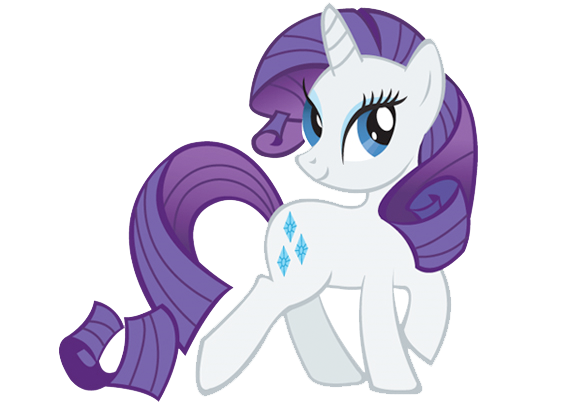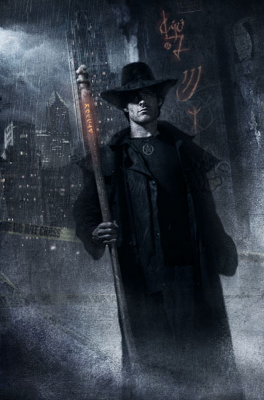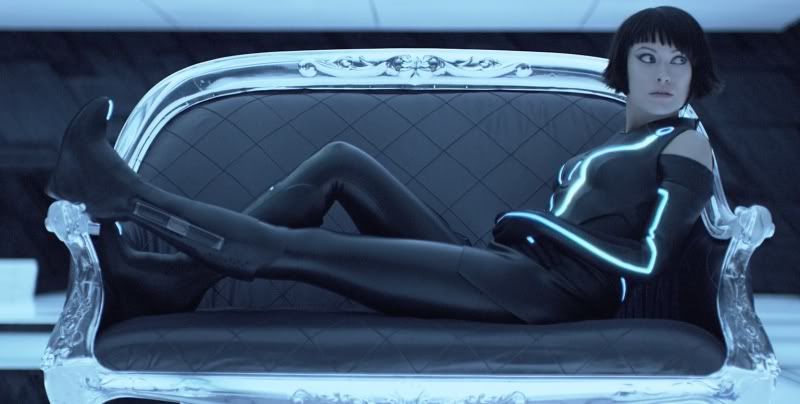
Columnist on WSJ is a jackass! Read all about it!
Plenty has already been said about this WSJ article pertaining to young adult fiction. As usual, Chuck has written what we’re all thinking with an extra dose of profanity and buckshot. Instead of adding more fuel to the fire by talking about how wrong this opinion is, I’d like to furnish you with an example of contemporary fiction, aimed at a younger audience, that works effectively and is well-written without being saccharine-sweet and ‘safe’ all the time.
The example is My Little Pony: Friendship is Magic.
… Yes, I watch My Little Pony. Get it out of your system now.
Anyway, I vaguely remember the original cartoon from the ’80s. My sisters were into it. I was more of a mind for Transformers, as I’ve mentioned, because robots that become cars and change back were far more gnarly than girly ponies. I was too young to pay attention to things like plot (which was non-existent), characters (who only rose above ‘broad archetype’ on rare occasions) and Aesops (that got beaten into your soft heads every episode) when things were exploding in a colorful fashion. But that was kid’s programming back then. It was safe.
Fast forward about twenty-five years and some hard-learned lessons about what does and does not make for good storytelling. When I was first made aware of the new Ponies, I was skeptical. I’d seen what they’d done to Star Wars and my beloved Transformers, after all, and besides it was ponies. I didn’t indulge or even glance at the show for the longest time. Then my wife got into it. I figured I’d try at least one episode, make her happy, secure the future of my sex life, maybe have a laugh.
I wasn’t expecting to get hooked.
I wasn’t expecting good characterization. I wasn’t expecting well-done animation and decent voice-acting. I wasn’t expecting legitimately funny, frustrating, joyous and touching moments.
And I certainly wasn’t expecting dragons, hydras, a cockatrice or a griffon so bitchy I’ve never wanted to roast a lion-bird on a spit so much in my gorram life.
My Little Pony isn’t afraid to go shady places. It deals with jealousy (a lot, I guess that’s a problem for girls growing up), isolation, growth from childhood to adolescence to young adulthood, fear and even crisis management and racism, all in the context of the magical kingdom of Equestria and without being terribly overt or insensitive about things. Sure, there’s an Aesop every episode but they range from mildly anvilicious to rather well-presented. I mean, they do a Clients from Hell episode. I wasn’t all that inclined to like Rarity (the seamstress unicorn) but watching her put up with the demands of her friends as customers made me a lot more sympathetic and that feeling hasn’t gone away. Clients suck, whether you’re building websites or magically assembling pretty dresses for your pony friends.

She’s not a shopaholic. She’s an artist. HUGE difference.
…Where was I? Right, children’s lit.
My point, other than these ponies being awesome, is that the show and its writers go into the darker corners of a girl’s adolescence and drag some pretty nasty issues kicking and screaming into the light so that the girls in question can face them without fear or shame. As I said, some of the Aesop-dispensing is a tad on the overt side, but when this show cooks it does so with gas as well as gusto. The relationships of its characters, the way they handle situations and the delivery of their lines is handled so adeptly and consistently that I can’t help but feel very strongly about the show. This is how children’s entertainment should work. This is how you write young adult lit well without sacrificing decent characterization, complex themes and dark subject matter.
The writers and animators of My Little Pony: Friendship is Magic are wise in that they handle their stories in this way, and also in the way they keep the humor working on levels other than juvenile slapstick for any adults that watch and in the very adept and clever ways in which they handle character relationships and their reactions to the subjects at hand. While some cartoons and even major motion pictures and triple-A video games look at writing as a necessary evil to string together a series of flashy spectacles, this show knows its writing is the foundation upon which its appeal and meaning are built. Those other, flashier, more ‘masculine’ forms of entertainment could take a lesson or two of their own from this humble, pretty, bright and very awesome girl’s cartoon.
Now, if you’ll excuse me, I’m going to go do something manly. Like bench-press something, or drink really crappy beer while yelling obscenities at a sporting event.






